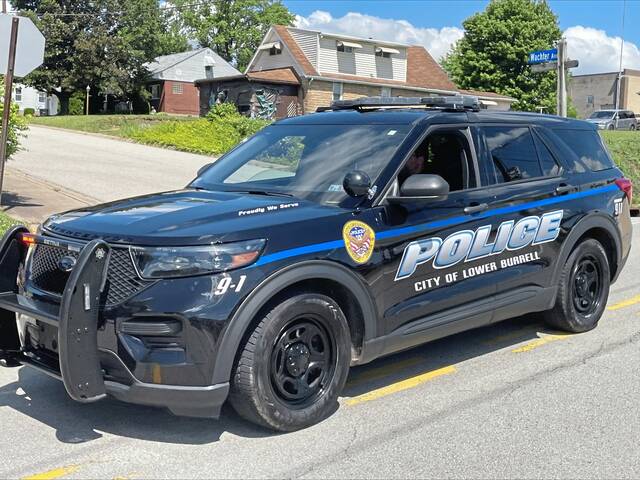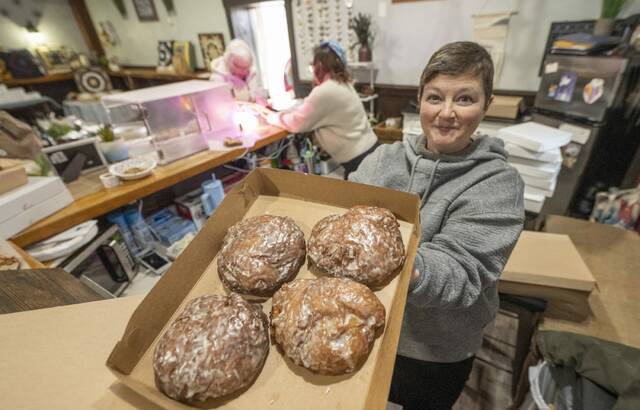Homeless people in Pittsburgh could soon have encampments with electricity, running water and trash removal.
The plan calls for services to homeless people in safe, clean sites, said City Council members Anthony Coghill, D-Beechview, and Deb Gross, D-Highland Park.
“This is like a small neighborhood that deserves services,” Gross said.
Gross and Coghill sponsored legislation to amend the city’s zoning code to permit and regulate the encampments. They introduced the plan to council Monday, but it will need to go before the Planning Commission ahead of a vote.
“People are outside, and we’re coming up on cold weather,” Gross said. “If we don’t have indoor sites we need them to be safe and clean and warm.”
Coghill said the sites would be “more controlled, a safer environment” than existing camps.
The camps would have garbage pickup, lighting, showers and bathrooms, Gross said. The city and other partners also could provide mental health services, job placement assistance and other help, Coghill said.
Coghill said officials are working to identify a suitable location. He estimated a temporary encampment could be set up within about a week for about $50,000.
The city has a lot of “in-house professionals” who could help set up electricity, running water and other elements of the encampment, he said. Coghill said he was hopeful that nonprofits and other entities will also chip in to donate food, clothing and other resources.
“We can provide these services and people can get the help they need right there,” Coghill said. “It’s for the safety of the people who are living outside.”
Related:
• Pittsburgh leaders push for more transitional housing to address homelessness• Pittsburgh officials plan to break up homeless encampment Downtown
• Additional beds open for homeless Pittsburghers as winter approaches
Coghill said he has pitched the idea to Mayor Ed Gainey’s administration but has not heard their input yet. A spokesperson for the mayor’s office did not immediately offer comment on the proposal.
Coghill said this is a stopgap measure until a more permanent solution can be implemented. He and Gross have advocated for more deeply affordable housing and additional transitional housing. They’ve pitched ideas like building a community of tiny houses and converting an existing Downtown building into transitional housing.
Coghill said he sees the regulated encampments with electricity and running water as a good temporary solution, but said he also would continue advocating for better, more permanent fixes.
There used to be more deeply affordable and transitional housing options in the city, Gross said, but they’ve dwindled in recent years.
Under the legislation introduced Monday, permits for these sites — which officials are calling “temporary managed community uses” — will be valid for no more than four years. A community meeting must be held before the zoning application could be approved.
Nonprofit and government-related entities also could apply for permits to host such sites, according to the bill.
The measure requires a five-foot setback and limits the encampments to no more than 50 residents at once. It requires all residents have access to either a temporary or permanent structure for use as a shelter and access to restrooms and bathing facilities. Fences could be no higher than six feet.
Rachel Nunes, executive director of the Wilkinsburg-based Thomas Merton Center, said she supported the concept.
“I believe their plans are based in compassion and care,” she said.
Nunes said she believes the sites should have “zero barriers for use” and should not be surveilled. She also suggested they be built near existing homeless encampments so people don’t have to travel long distances or move away from places where they receive services.








